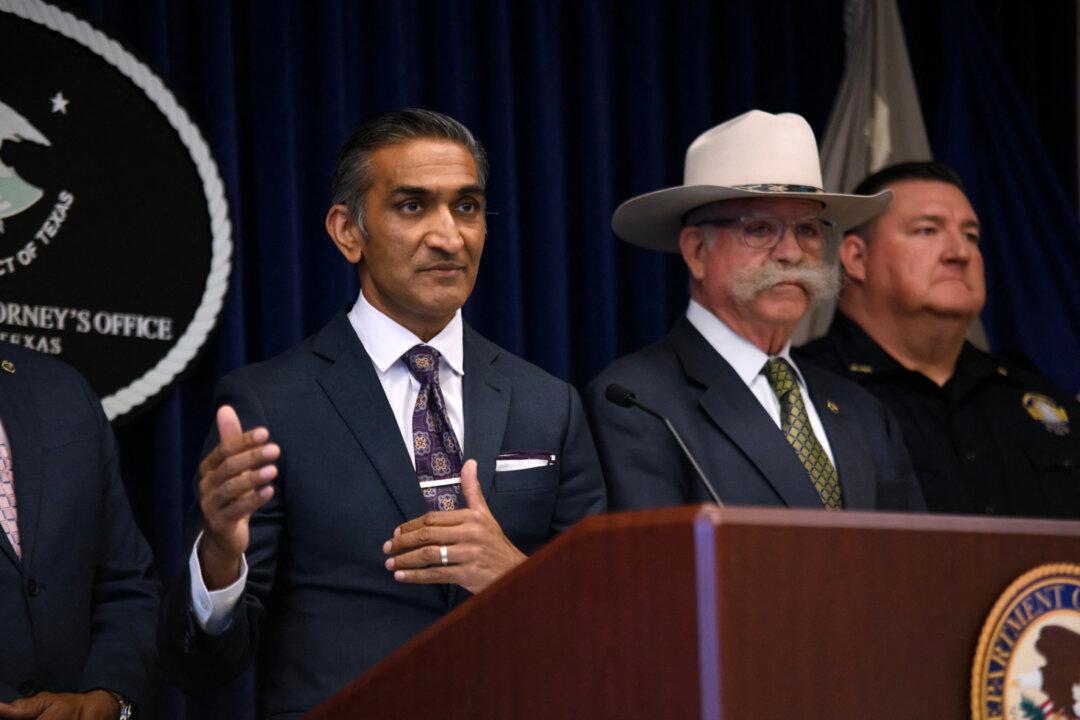U.S. federal agencies said they are cracking down on Mexican cartel-run timeshare scams facilitated by financial entities that often focus on older adults.
Sanctions have been placed on four Mexican companies and three Mexican accountants connected to cartel-led timeshare fraud activities, the Treasury Department’s Office of Foreign Assets Control (OFAC) said in a post on X.





